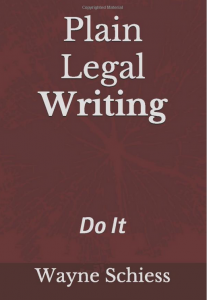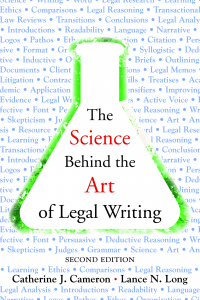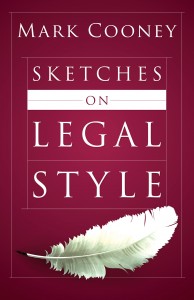I wrote a book in 2005 called Better Legal Writing, and its retail price is $34.95. The publisher refuses to sell it through Amazon.com because Amazon insists on a discounted price. But private parties and small booksellers can sell it on Amazon—these people are called “Amazon Sellers.”
I looked on Amazon to see if it was being sold there, and yes, 6 Amazon Sellers are selling it at prices ranging from $160 to $430. Those prices are silly, and no one should or will ever buy it at those prices. Why have they priced it so high? They’re volume sellers, and they spend as little time as possible listing their inventory. So they don’t do any research to see what the book is actually worth, or what it’s actually selling for on the publisher’s website—information I found in 1 minute. But of course, I know where to look.
Besides, when Amazon Sellers list a book for sale on Amazon (I have done this) they normally just look at the price Amazon itself is charging and price theirs accordingly. Amazon even suggests an appropriate price for you. But as you may recall, Amazon itself isn’t selling my book because the publisher won’t discount it. So these Amazon Sellers are just guessing (and guessing very high) or are setting their prices based on the prices of other Amazon Sellers, which, of course, are all way too high.
So I decided to tell them. I emailed all 6 Amazon sellers who are selling my book, identified myself as the author, told them the retail price is $34.95, and included a link to the price on the publisher’s website. I heard nothing from 4 of them. One emailed back to say there was an error in his pricing system and he would adjust the price and thank you.
And one—who is listing my book at $190—emailed back to say “Thank you for bringing that to my attention. Since the item is inscribed it is considered collectible and has a higher price on Amazon. Thanks so much!”
So someone to whom I gave a signed copy has sold it or given it away, and it’s now being sold in the secondary market. Will I write the seller back and say my signature surely isn’t worth a $155 premium? No. Since all these books are being re-sold, I get no royalty anyway. I just thought it was funny.




